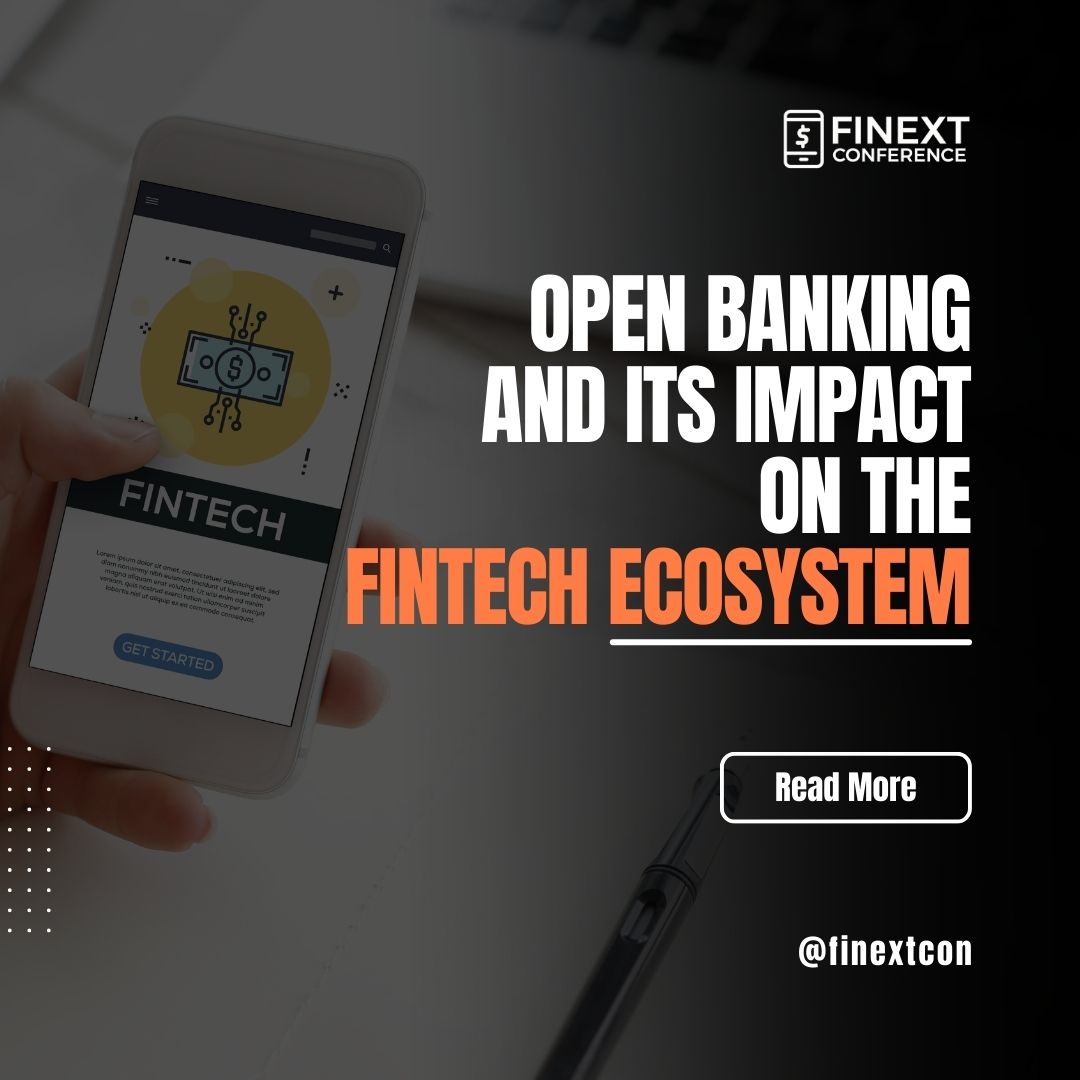Open banking is revolutionizing the financial industry, ushering in a new era of transparency, customer control, and innovation. By enabling third-party providers (TPPs) to access financial data with the customer’s consent, open banking is dismantling the traditional barriers that once confined banking services within the walls of established institutions. This transformation is creating a fertile ground for fintech companies to innovate and offer new, customer-centric financial services.
What is Open Banking?
Open banking refers to the practice of banks and financial institutions sharing their customers’ financial data with third-party providers through secure application programming interfaces (APIs). This data sharing is done only with the explicit consent of the customer, ensuring that they retain control over their personal information. The goal of open banking is to foster greater competition and innovation in the financial services industry, giving consumers more choices and better experiences.
The Rise of Open Banking
The concept of open banking gained momentum in the European Union with the introduction of the Revised Payment Services Directive (PSD2) in 2018. This regulation required banks to open their payment services and customer data to TPPs, provided the customer consents. Since then, open banking has spread to other regions, including the United Kingdom, Australia, and parts of Asia, with similar regulatory frameworks being adopted.
Impact on the Fintech Ecosystem
1. Enhanced Customer Experience
One of the most significant impacts of open banking is the improvement in customer experience. Fintech companies can now access a wealth of financial data, enabling them to offer personalized services tailored to individual needs. For example, budgeting apps can aggregate data from multiple bank accounts, providing users with a comprehensive view of their finances. Similarly, loan providers can use open banking data to offer instant, personalized loan offers based on a customer’s financial profile.
2. Increased Competition
Open banking has leveled the playing field, allowing fintech startups to compete with established banks. By accessing bank data, fintech companies can offer competitive products, such as better interest rates, lower fees, and innovative financial services. This increased competition benefits consumers, who now have access to a wider range of financial products and services.
3. Innovation in Financial Products
The availability of open banking data has led to the development of new and innovative financial products. For instance, fintech companies are creating apps that offer real-time financial insights, automated savings tools, and tailored investment advice. These innovations are not only enhancing the financial well-being of consumers but also driving the financial services industry forward.
4. Improved Financial Inclusion
Open banking is also playing a crucial role in improving financial inclusion. Fintech companies can use open banking data to assess the creditworthiness of individuals who may not have a traditional credit history. This enables them to offer financial products to underserved populations, such as loans and credit services, thereby bringing more people into the formal financial system.
5. Data Security and Privacy
While open banking offers numerous benefits, it also raises concerns about data security and privacy. Fintech companies must adhere to strict security protocols to protect customer data and ensure that it is used responsibly. Regulatory frameworks, such as GDPR in Europe, are in place to safeguard consumer data and ensure that it is handled with the utmost care.
The Future of Open Banking
The future of open banking looks promising, with continuous advancements in technology and increasing consumer demand for personalized financial services. As open banking continues to evolve, it is likely to become the standard in the financial services industry, with more countries adopting regulatory frameworks to facilitate its growth.
In the coming years, we can expect to see further integration of open banking with other emerging technologies, such as artificial intelligence and blockchain. This integration will enable even more innovative financial products and services, further transforming the fintech ecosystem.
Conclusion
Open banking is a game-changer for the fintech ecosystem, offering unprecedented opportunities for innovation, competition, and customer empowerment. By breaking down traditional barriers and fostering a more open and collaborative financial environment, open banking is paving the way for a new era of financial services that are more inclusive, personalized, and secure. As the adoption of open banking continues to grow, it will undoubtedly shape the future of the financial industry, benefiting both consumers and businesses alike.
